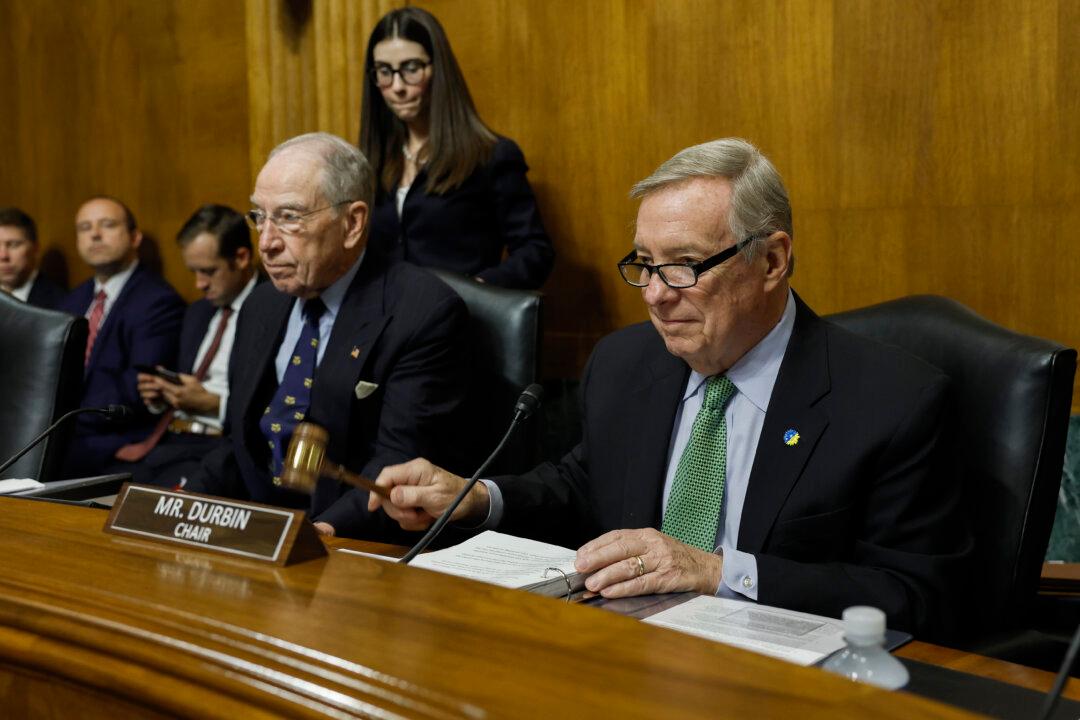The Senate Judiciary Committee on Sept. 22 advanced a proposal that would allow media outlets to form cartels to negotiate with Big Tech platforms.
The bill, dubbed the Journalism Competition and Preservation Act (JCPA), has as many opponents as it has supporters among media outlets and media advocacy groups.





